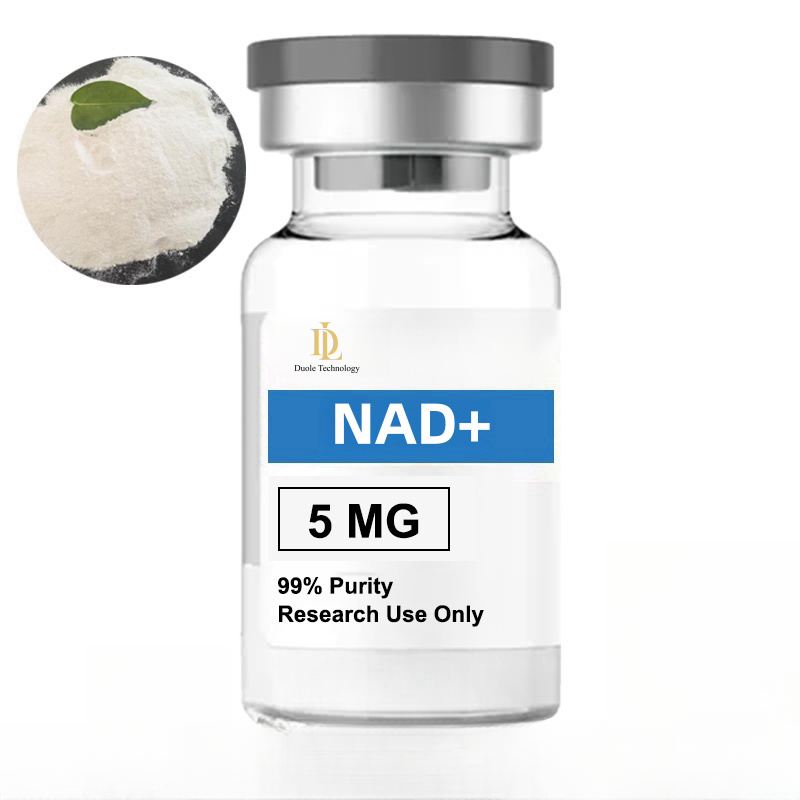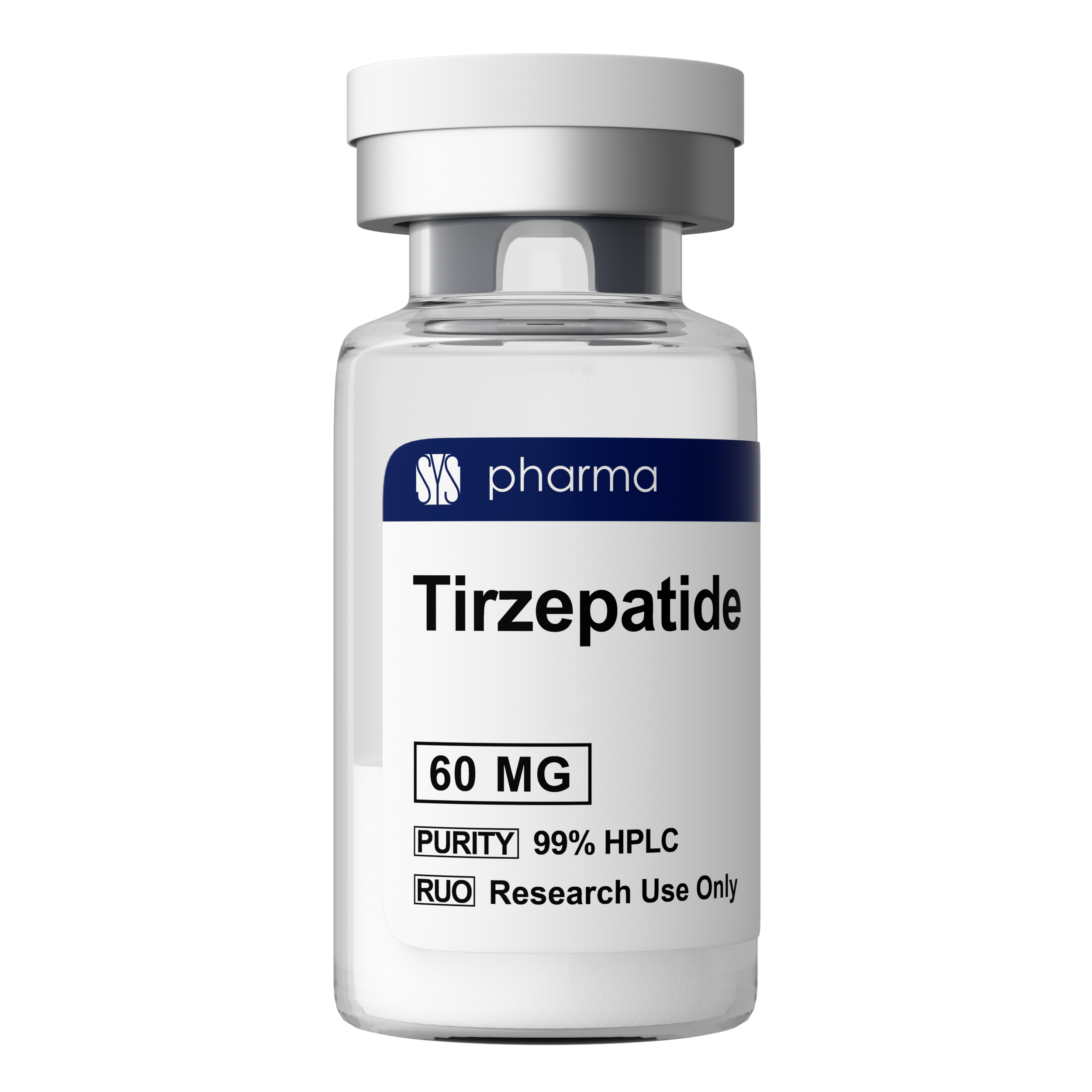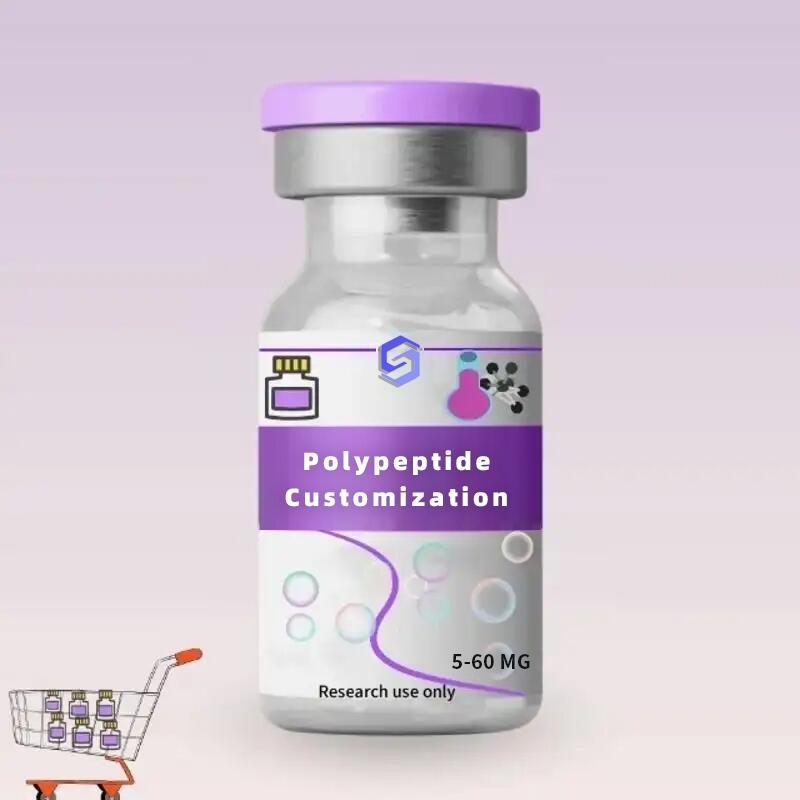Health care product labeling will be stopped small and medium-sized enterprises face survival crisis
-
Last Update: 2013-12-23
-
Source: Internet
-
Author: User
Search more information of high quality chemicals, good prices and reliable suppliers, visit
www.echemi.com
2013-12-23 source: as one of the five pillar industries of the health service industry established by the State Council, the first financial daily has a huge market of about 300 billion yuan per year, or will usher in a major reshuffle "As of January 1 next year, no licensed health food shall be produced, sold or imported; the approval number of a health food can only be applied to one product." Recently, Zhang Jinjing, deputy director of the third Department of safety supervision of the State Food and Drug Administration (CFDA), said at the high-end forum of "great health and great future" held in Zhuhai As the main regulatory department of health food, CFDA Recently, the announcement on further standardizing the supervision and administration of health food and cracking down on illegal activities (Draft for comments) (hereinafter referred to as the announcement) was issued, which stipulates that no other trademark or trade name shall be added to the name of health food without authorization; the same trademark shall be used for the label of health food with the same approval number; since January 1, 2014 No production, marketing or import of branded health food shall be allowed from This means that the "OEM" which is very common in the health food industry will be stopped, and the survival mode of small and medium-sized health food enterprises that have no capacity to rely on OEM sales will also be fatally impacted, and large companies with a large number of approvals and production capacity will benefit from it Small and medium-sized enterprises are facing a survival crisis Doubts about the efficacy of collagen, the storm of excessive heavy metals in Spirulina, and poison capsule Events All kinds of product storms around the quality and safety of health products have long evolved into public events, and the pressure of health product enterprises and regulatory departments has also been magnified unprecedentedly Although the new regulations have not been officially issued, it is inevitable for the industry to reshuffle in terms of the policy direction of eliminating health food labeling in multiple links of production and operation This year's weight-loss product, xianlibao brand Yuren capsule, is the OEM product of Guangdong green thin Health Information Consulting Co., Ltd (hereinafter referred to as "Guangdong green thin") On the CFDA database, Xi'an Sanqi Pharmaceutical Technology Co., Ltd (hereinafter referred to as "Xi'an Sanqi pharmaceutical") is the applicant of "guoshijianzi g20050898" of xianlibao brand Yuren capsule, which has expired on December 12, 2010 According to the earlier official statement of Guangdong green thin, Xi'an Sanqi pharmaceutical has submitted the re registration application to CFDA before the expiration of the approval number of health food CFDA officially accepted and issued the acceptance notice on December 10, 2010 At present, the approval number of this product is in the acceptance period of re declaration According to relevant regulations, the original health food approval certificate continues to be valid during the product re registration review, so the normal sale of Yuren capsule is fully legal and compliant A health food industry person familiar with Guangdong green thin told the first financial daily that Guangdong green thin's performance in recent years mainly depends on advertising and marketing means The approval number of health food purchased from the cooperative enterprise is renamed, and the production enterprise is entrusted to produce, pack and sell the health food But this kind of "OEM" product line brings potential risks for the long-term development of enterprises Recently, Yang Dongshan, vice president of Guangdong green thin, also confessed to reporters that the company's sales volume last year was 400 million yuan and its net profit was 70 million yuan, but this year's market turmoil caused the company's marketing expenses to soar, with little profit to speak of "CFDA's ban on health food labeling has a great impact on us, but the company has prepared for it Two years ago, we started to build a production base of nearly 60000 square meters in Rongcheng East Industrial Zone, Jianli County, Hubei Province, with an annual production capacity of up to 1 billion yuan next year." Yang Dongshan told reporters In addition, CFDA's announcement stipulates that "products in tablet, capsule, oral liquid, granule, pill and other forms that need to be consumed quantitatively and have a daily consumption limit shall not be included in the scope of food production license (QS mark) For the above-mentioned products claiming health care function, the approval number of health food shall be obtained before they can be produced and sold " Xie Yilin, chairman of Guangzhou YanRuYu Pharmaceutical Technology Co., Ltd., told this newspaper that there are a large number of ordinary foods in the form of tablets, capsules, oral liquids, granules, pills, etc., which claim to have health care functions, which are easy to mislead consumers "According to the new regulations, these ordinary foods without the batch number of health food can only be produced and operated after the change of product form For example, 90% of collagen oral liquid in the market now has no blue cap, so it can't be produced and circulated in the form of oral liquid in the future." Guangzhou jiyantang Biotechnology Co., Ltd had a sales volume of 60 million yuan last year, 90% of which came from the company's collagen oral liquid However, due to the lack of batch number of health food, this collagen oral liquid, which is popular among Watsons, Wanning and DASHENLIN in in China, is likely to fall off the shelves after the implementation of the new health food regulations in 2014 According to the data from China Health Care Association, the total sales volume of health food in China in 2010 is 260 billion yuan, and it is estimated that the total sales volume of health food in 2013 will reach 400 billion yuan By 2015, the total sales volume of Health (Nutrition) food is expected to be no less than 1 trillion yuan However, the larger the industry "cake" has failed to put an end to the secondary industrial chain chaos According to incomplete statistics in the industry, 30% - 40% of the local health care products are OEM products Zhang Yong, executive vice president of Guangdong health care association, told reporters that this kind of labeling mode means that enterprises with blue hats authorize product approvals to multiple sales companies, and these sales companies also label the product approvals with their own brands to work in qualified factories As a result, a health food approval corresponds to dozens or even hundreds of products 。 As of December 9, the CFDA official website database shows that there are 12861 records of domestic health food and 708 records of imported health food approved by CFDA since December 12, 2003 "Up to now, only more than 10000" blue hats "have been approved in China, but there are more than tens of thousands of" blue hats "that are actually in circulation and sale in the market The degree of confusion caused by labeling is obvious." When talking about the necessity of the renovation of OEM production, Zhang Yong said, "at present, the phenomenon that the approval documents of health care products industry are leased layer by layer is very serious Some enterprises directly apply for the approval documents and then lease them to a number of Shanzhai factories for use, and charge transfer fees ranging from 80000 yuan to 100000 yuan every year." In fact, in recent two years, the relevant departments of the state have been more and more strict in the approval and supervision of health food, which can be seen from the number of health food approved in recent two years In 2012, there were 576 newly approved domestic health food and 11 imported health food; in 2013, there were 659 newly approved domestic health food and 9 imported health food; compared with the past, the number of blue hats approved in recent two years was significantly reduced "The implementation of new health food regulations is good for large enterprises, and the market will be more standardized." For the upcoming new deal, an analyst in Shenzhen told this newspaper that with the opening of industrial restructuring, large companies will become market beneficiaries, and the market share of large companies with good approval reserves and obvious brand and channel advantages will be significantly increased According to the official database of CFDA, there are 73 health food approvals in Beijing Tongrentang Health Pharmaceutical Co., Ltd., 59 in Tangshan Beijian, 32 in ANGLI, Jiaotong University, and 21 in Sanofi Minsheng Pharmaceutical Co., Ltd in foreign enterprises As an important industry town of health products in China, health products in Guangdong Province account for more than 60% of the country's share After the new deal, the capacity expansion projects with hundreds of millions of yuan are becoming more and more like the high threshold game of large companies On November 29, Haiwang biology announced that Hangzhou Haiwang, a wholly-owned subsidiary of the company, planned to invest and set up a wholly-owned subsidiary Jiangsu Haiwang in Taizhou China Pharmaceutical City, Taizhou City, Jiangsu Province, and build a production base of health products to meet the development needs of the company in the field of health products Yang Dongshan also told reporters that after the completion of Hubei production base, the expected production capacity in the first year will be 500-600 million yuan In addition to putting some core products into new factories for production, overseas products such as Japanese probiotics will also be further introduced At the same time, CFDA's announcement also stipulates that since January 1, 2014, it is prohibited to produce, operate and import the claimed health functional products without the approval number of health food "Large companies like Amway Nutrilite have applied for the batch number of health food for a long time, but many multinational companies like GNC have not started to apply for the approval of health food in China." Xu Ming, vice president of China Chamber of Commerce for the import and export of health care products, told this newspaper that the registration time of batch number of health care food generally takes two years CFDA's ban does not set a buffer period for imported health care products Next year, the new policy will impact a large number of domestic distributors of imported health care products
This article is an English version of an article which is originally in the Chinese language on echemi.com and is provided for information purposes only.
This website makes no representation or warranty of any kind, either expressed or implied, as to the accuracy, completeness ownership or reliability of
the article or any translations thereof. If you have any concerns or complaints relating to the article, please send an email, providing a detailed
description of the concern or complaint, to
service@echemi.com. A staff member will contact you within 5 working days. Once verified, infringing content
will be removed immediately.







